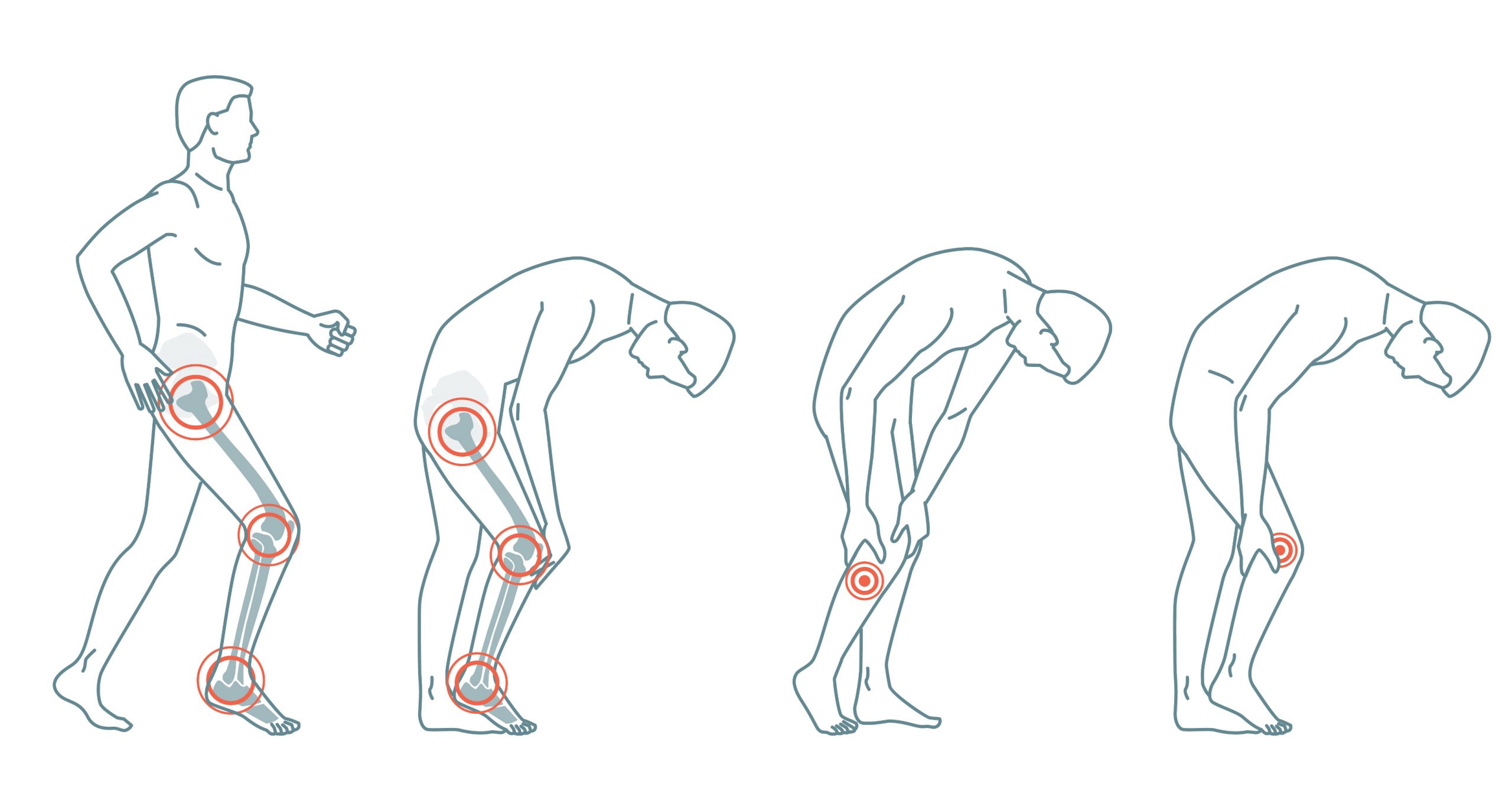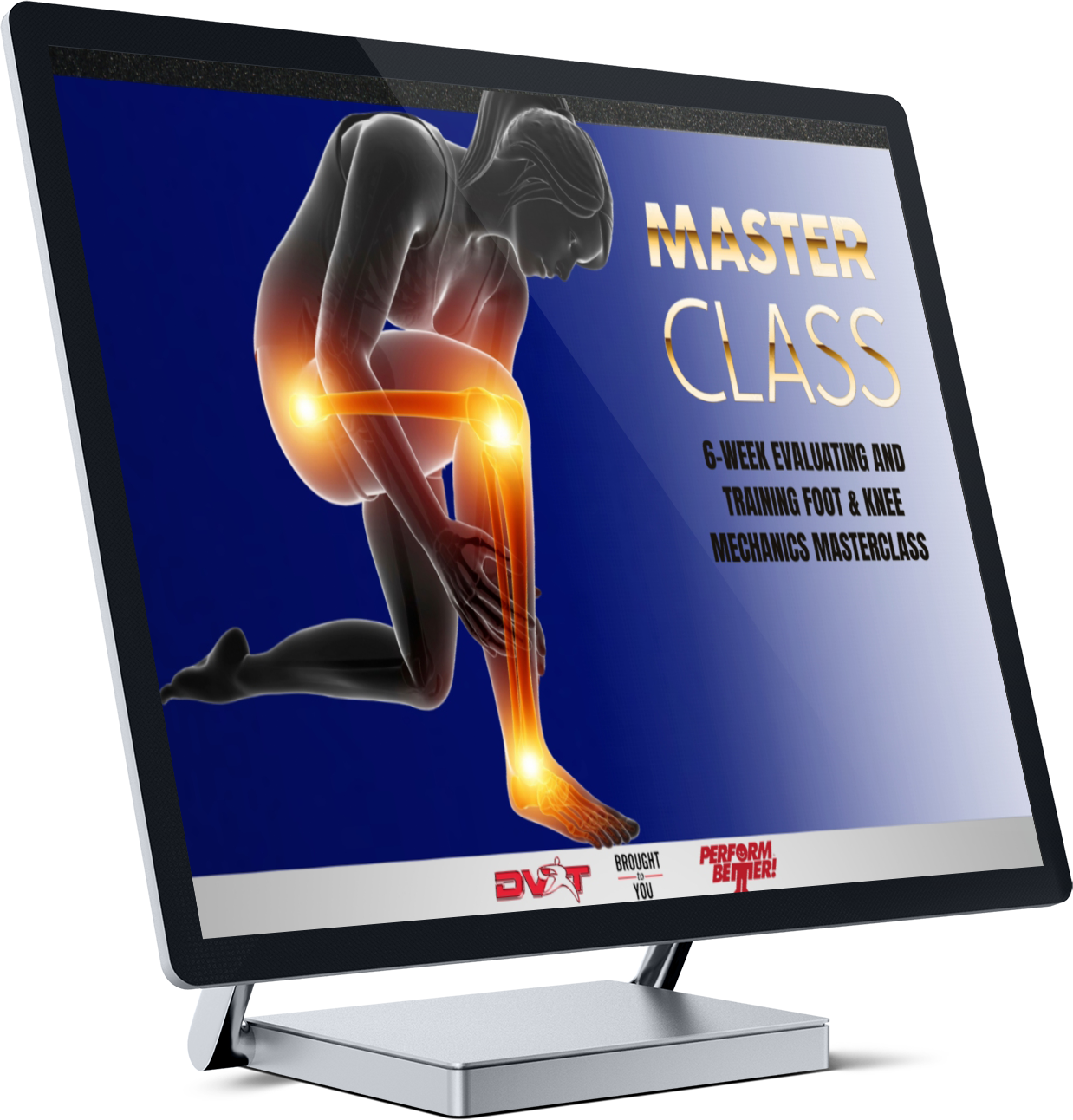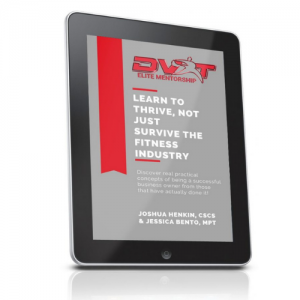Description
We are meant to be mammals that stand and move on two feet. That means EVERYTHING that happens to our body starts from the ground up! It is this reason that making sure our feet are as healthy and performing the best they can is so essential to developing full body strength, but also helping common issues in the low back, knees, hips, and even the upper body!
Research shows that alterations of our foot can lead to the development of low back pain (1). The feet can also cause issues of the knee, even some of the most challenging conditions. One that may surprise people is a relationship with something as challenging as osteoarthritis (2).

With the awareness that our body is not just muscles, bones, tendons, and ligaments, but also complex networks of connective tissue known as fascia, also places the importance of the feet impacting the whole body. Due to these “fascial webs” the upper body is also impacted by what occurs at the feet.

This is why strategies like wedging our heels on lower body exercises could be causing more harm than good. Understanding the true root causes of foot, ankle, and knee issues will help you stop chasing the training of individual muscles, but actually address the true challenges that these areas of the body faces. There are A LOT of popular misconceptions that can send the coach and therapist going the wrong direction in their training.

Looking at the issues of both the feet and knees will help us go a long way in not only making these structures of the body healthier, but will help improve all areas of our body and the way we perform in life and sport. During our 6-week Foot & Knee Masterclass we will dive deep into how to better understand the real challenges of these areas of the bodies, how to avoid common myths & misconceptions, how to build progressions based upon the science of movement, and much more!
What will each week entail?
Week 1: Webinar discussing the functional anatomy of the foot, ankle, and knee complexes and the influence they have on overall movement such as locomotion, squatting, jumping, and more. We will also break down common misconceptions and myths surrounding these areas of the body. (Attendees will also receive our recording for free of “Does Knees Over Toes Build Healthy Knees?” webinar)
Week 2: In-depth screening of the foot, ankle, and knee as well as relevant movement screens such as gait analysis
Week 3: How to use current pain science in training to improve joint mobility, perceived pain, and to teach movement concepts that will improve the function of the foot, ankle, and knee
Week 4: Stability based exercises for the foot, ankle, and knee complex based on current literature of functional movement and avoiding popular exercises and methods that can cause more issues in these areas to occur.
Week 5: How to use strength training to enhance the function of the foot, ankle, and knee and why focusing on the concepts like the tibialis anterior, calf muscles, and quadriceps is not well founded or beneficial for improving resilience and function.
Week 6: Developing performance level strength and resilience of the foot, ankle, and knee for both the athlete and non-athlete alike to perform every day activities, hobbies, and sport to the best of their ability.

*these are all downloadable products, program links can be found in you order confirmation
*no refunds issued on downloadable programs
*be sure to log into your account or create and account prior to purchasing so you can easily access your programs
References:
- Menz HB, Dufour AB, Riskowski JL, Hillstrom HJ, Hannan MT. Foot posture, foot function and low back pain: the Framingham Foot Study. Rheumatology (Oxford). 2013 Dec;52(12):2275-82. doi: 10.1093/rheumatology/ket298. Epub 2013 Sep 17. PMID: 24049103; PMCID: PMC3828513.
- Paterson KL, Hinman RS, Hunter DJ, Wrigley TV, Bennell KL. Impact of concurrent foot pain on health and functional status in people with knee osteoarthritis: data from the osteoarthritis initiative. Arthritis Care Res (Hoboken). 2015 Jul;67(7):989-95. doi: 10.1002/acr.22537. PMID: 25581254; PMCID: PMC4482794.










